Canning for Culture and Freezing for Fellowship {Preserving the Fresh Farmers’ Market Flavors}
The Nature of Rest
What the Bible and Creation Teach Us About Sabbath Living
Intentional Parenting
Nature Studies
Apologetics
Adventure
Free Resource
Entrepreneurship
Homeschooling
Faith
Books
Categories
Master Naturalist, Bible teacher, author, wife, and mama of four! Join our adventures of discovering God while adventuring in creation.
I'm Eryn
Hey there!
Listen Now
Order now
When Lunch Came from the Cellar
This week I spent several hours washing, drying, and freezing 29 pounds of local blueberries; as well as washing and pickling several pounds of green, purple, and white beans from our own garden.
It felt instinctive to run my hands through a sink full of water and bright blueberries, letting their plump flesh bounce off my fingers and swim around like little synchronized berry swimmers. It felt intuitive to pinch my thumb and index finger together around the tops of deep purple beans to pluck the stems off. And as I screwed on metal tops over glass jars of those beautiful beans submerged in a salty vinegar brine, it felt rustic.
This week a friend posted on Facebook a quote I love from a well-known whole food author, Joel Stalin, it read:
[quote type=”center”] The first supermarket appeared on the American landscape in 1946. Until then, where was all the food? …It was in homes, gardens, local fields, and forests. It was in the pantry, the cellar, the backyard.[/quote]
“Little House in the Suburb”
Now I realize this is a bit ideal and unrealistic for today’s day and age. Unless you really want to devote most of your life to growing plants and livestock, slaughtering, harvesting, gathering, preserving, and preparing food in a completely self-sustainable way, you will need a grocery store from time to time.
I visit local Farmers’ Markets two times a week. I am also beginning to grow some of our own food. But I also shop at a regular grocery store at least once a week. We are not the Little House on the Prairie.
But I do have to stop and appreciate just how natural, therapeutic, and remedial it feels to grow our own food, or at least purchase it from local farmers, and then store it away so that we can enjoy fresh summer flavors all through the winter, until the sun rises on next year’s growing season–and we begin it all again.
More Messy than it Seems
It is a picturesque scene: me calmly and collectively sorting berries and beans over a clean counter top, the sun shining in the kitchen window, Pandora singing soft melodies in the background. But please don’t get me wrong–preserving food is hard work.
After all the hours and physical toil of tending a garden and growing and harvesting the food, or picking it out in a local field, or browsing through the Farmers’ Market; you now have to figure out what to do with it all, and then spend hours storing it away in the freezer or pantry, and all while it is still fresh.
Lessons Amidst the Mess
And then there are the kids. You see–the sweet melodies of Jack Johnson’s calming tunes floating through the kitchen were lost to the whining of the three year old and wailing of the one year old pulling at my leg.
And then the phone rang. And then the water lost its boil. And then the boys needed food–now–not in 5 minutes. And then the dog needed out. And then the jars needed to be lifted out of the water before the beans lost their crunch. My kitchen is a hectic place some days.
But I would have it no other way. The kitchen teaches me patience, and preserving food is a lesson in delayed gratification. And when my boys watch me milling about–sometimes with my hair tossed in a messy pony tail and still in my pajamas–pacing from the counter to the fridge to the garden to the trash can to the table and back to the counter working on countless food projects at once–they see something beyond the mess. They see me making the kitchen a priority. They see me making good, real food a staple of our household. They see me taking care of them.
And they may never know that it’s unique, special, or rare in this day and age. I kind of hope they won’t figure that out, but instead that they’ll just grow up knowing that food takes time, respect, patience, and work; and then when they are grown that they will treat food the same way–or at least marry a woman who does!
Giving Food the Work it Deserves
This is why I spend afternoons over a boiling water canning bath, or running pans of fresh blueberries down to the basement freezer, then back up into bags hours later, over, and over, and over. Because I want us to give food the work it deserves.
And because come those dreary, bitter cold winter months, I want to cuddle up with my three men in front of our fire place with a warm blueberry crisp, made with berries grown from a farmer in our community. And when friends come over I want to sit and chat over glasses of red wine and a plate of artisan cheese, crackers, sausage, and pickled beans that we grew and preserved ourselves.
These are the things that cultivate fellowship. These are the things that create a culture in a home. That is something worth investing my time and energy into.
A Few Things to Keep in Mind When Preserving the Fresh Flavors of Summer
Make a Plan
Do a little research and understand what ingredients come into season at what times in your region. Don’t miss out on pickling asparagus or making strawberry jam because you didn’t realize how short their seasons are!
Have the time and money set aside to purchase all the ingredients and any equipment you may need to accomplish all of your preservation projects.
Budgeting for Preservation
It doesn’t take a production kitchen to preserve summer’s harvest, but you may need some basic equipment. Whether a large pot and some mason jars for pickling, a pressure-canner, a dehydrator, or simply some freezer bags for preserving berries, you should expect to spend a little bit of money up front. Anticipate your expenses by planning ahead for what you want to preserve, how you want to preserve it, and the equipment necessary to do so.
If you are not growing the food yourself, you will also have to budget for purchasing ingredients.
Where to Get Your Ingredients
This is our first year preserving food from our very own garden, but some ingredients, like blueberries, we are not growing, and must find other sources for. On Monday I will share how we came about a wonderful deal on local blueberries, but for now just keep a few things in mind:
- Always buy local whenever possible — check your Farmers’ Market. (Click here to find a Farmers’ Market near you)
- Look up local U-Pick farms in your area. (Click here to find one near you) It’s a little (or a lot…) more work, but a lot of fun and often very cheap!
- Don’t be afraid to ask for a deal when buying bulk. I saved $33 last week on blueberries by purchasing 29 pounds of them at once.
- Only buy the ingredients once you are ready to get to work. These ingredients are not laden with preservatives; they will go bad quickly, and need to be preserved soon after bringing them home.
- Consider any extra ingredients you may need. For example, when I am pickling, I need to make sure that beyond the vegetable I am pickling, I also need vinegar, pickling salt, fresh dill, peppercorns, and hot pepper flakes.
To get yourself started, here are a few ideas of things we have enjoyed preserving:
- How to Pickle Asparagus step-by-step with Photos (Our favorite by far!)
- Pickled Dilly Beans
- Quick, Easy, and Fresh Strawberry Rhubarb Syrup (for Pancakes or Ice Cream!)
Stay tuned on Monday when I will share how to freeze berries in bulk! As well as how to buy in bulk at the Farmers’ Market, and a recipe for Healthy Sugar-Free Grain-Free Blueberry Breakfast Crisp!}
Please share your thoughts! What is your favorite thing to preserve, whether by canning, freezing, pickling, or drying??
learn more
Raising kids stirs something deep in our souls — an innate knowing that our time is finite. Taking my kids outside in creation, I’m discovering how to stretch our time and pack it to the brim with meaning. God’s creativity provides the riches of resources for teaching the next generation who He is and how He loves us. Join our adventure and discover inspiration and resources for refusing rush, creating habits of rest, living intentionally, and making the most of this beautiful life!
I'm Eryn, Master Naturalist, Author, & Bible Teacher
Hey there!
Receive free inspirational resources for refusing rush, creating habits of rest, parenting with intentionality, and teaching our kids who God is through what He has made!
Inspired
Be
Brand + Website by Amarie Lael Design | TERMS & CONDITIONS + PRIVACY POLICY | Copyright 2011 - 2026 Eryn Lynum
Contact
Speaking & media
About
Books
Shop
Videos & Interviews
Email List
Stories
Free Downloads
Resources
Home
@erynlynumauthor
The Nature of Rest
What the Bible and Creation Teach Us About Sabbath Living
Now Available!
Order
X
Signed Copy

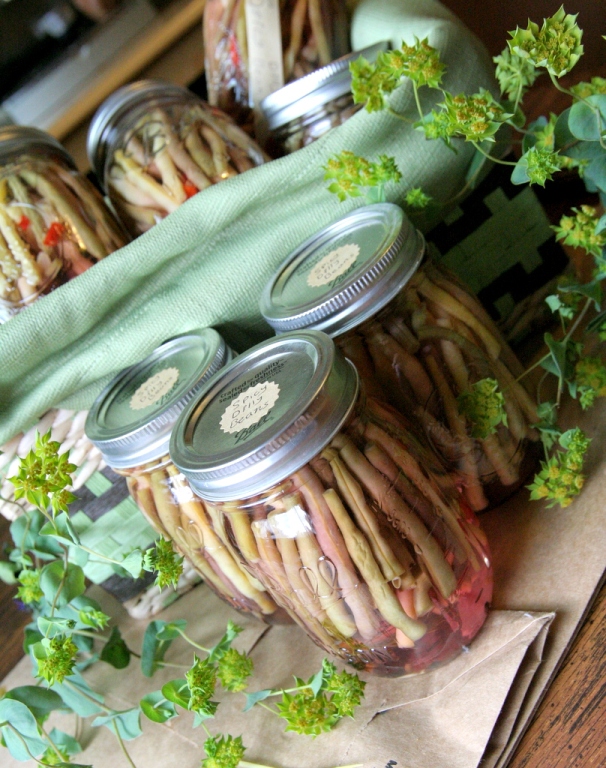

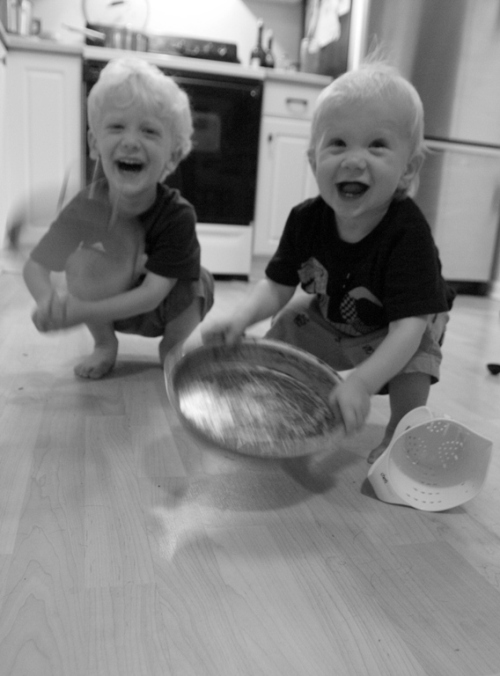
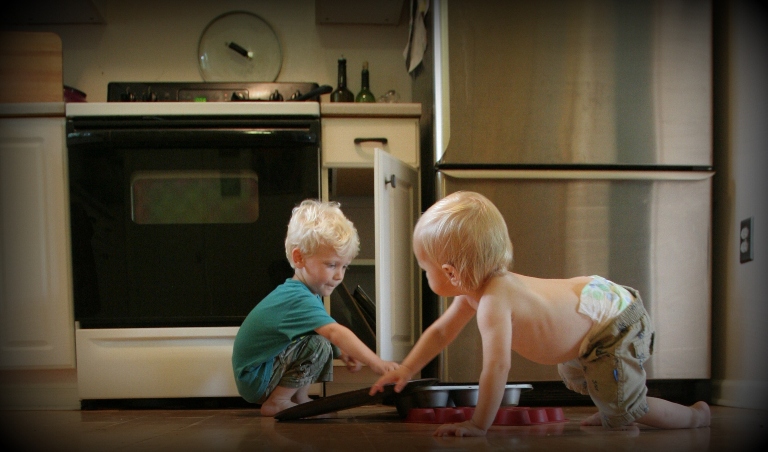
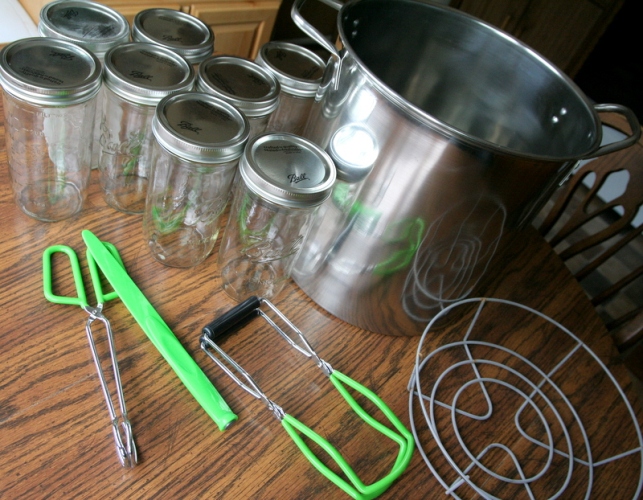

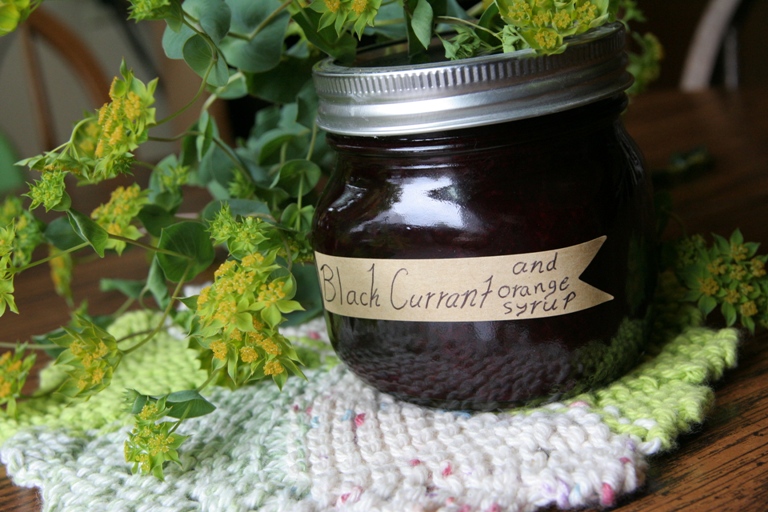
I have the canning bug–for many of the reasons you mentioned. I want my family to know that good food isn’t cheap discount easy food. Good food is something to be grown, saved, and served with care and love. I started out canning all kinds of exotic recipes, but learned after that first season that my family really wanted the basics. The single most useful thing I can is crushed tomatoes. I am able to use them in many ways throughout the year. I do still love to try out the unusual recipes, but I do one small batch now. Today, I tried out a new recipe for apricot and date chutney as my CSA box had lots of apricots. It turned out wonderful.
Thanks Emily! That chutney sounds delicious 🙂 I am hoping to can a bunch of tomatoes too, and also to make some tomato sauce. I love braising meat in the iron skillet with tomato sauce.
I read a lot of interesting content here. Probably you spend a
lot of time writing, i know how to save you a lot of work, there
is an online tool that creates readable, google friendly posts in minutes, just type in google
– laranitas free content source